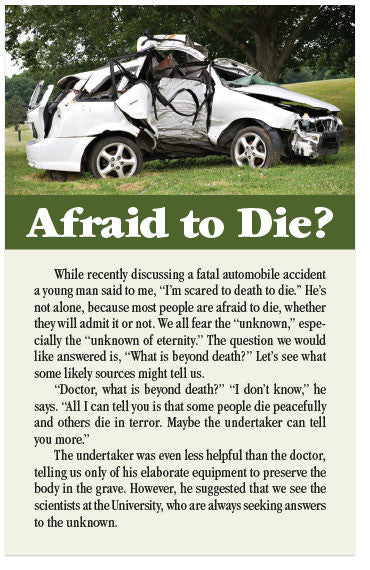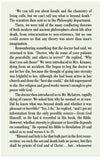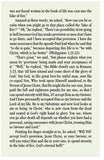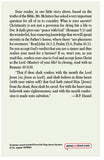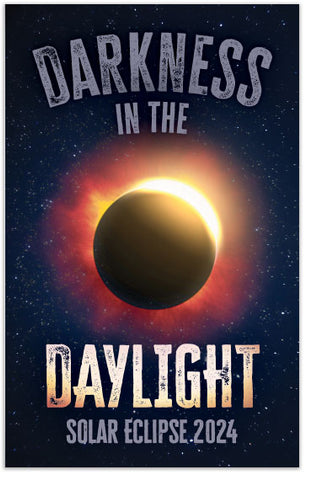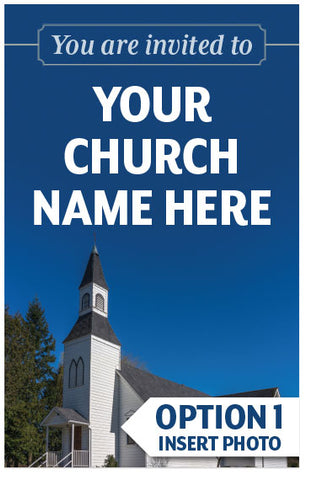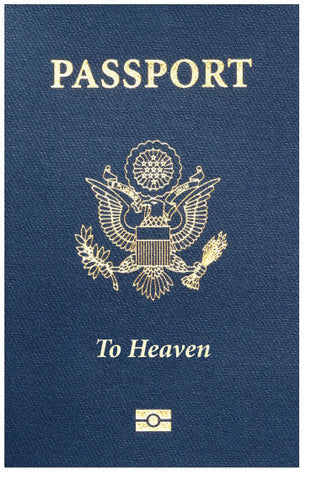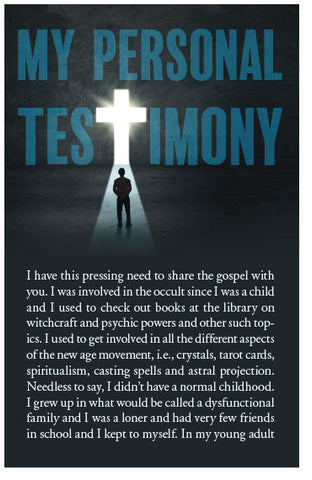Afraid to Die? (KJV)
Special-Order Folded Tract
 NOTE: This item is custom-printed to order (click for more details).
NOTE: This item is custom-printed to order (click for more details).
This tract is from our print-on-demand library, and is not kept in stock. Select the options below, and we will custom-print a batch just for you. Because this item is custom-printed, you can add your custom imprint to the back page at no extra cost.
- Estimated shipping date: Thursday, November 27 (Click for more details)
- SKU:
- Discounts: Discount coupons do not apply to this item
- Format: Folded Tract
- Size: 3.5 inches x 5.5 inches
- Pages: 4
- Imprinting: Available with 5 lines of custom text
- Version: KJV
- Returns: Because this item is custom-printed to order, it cannot be returned.
Show all item details
The full text of this tract is shown below in the KJV version. (Do you want to print this tract in a different version than the one listed? Contact us and let us know what you're looking for—we may be able to create the alternate version for you at no charge.)
While recently discussing a fatal automobile accident a young man said to me, “I’m scared to death to die.” He’s
not alone, because most people are afraid to die, whether they will admit it or not. We all fear the “unknown,” especially the “unknown of eternity.” The question we would like answered is, “What is beyond death?’’ Let’s see what some likely sources might tell us.
“Doctor, what is beyond death?” “I don’t know,” he says. “All I can tell you is that some people die peacefully and others die in terror. Maybe the undertaker can tell you more.”
The undertaker was even less helpful than the doctor, telling us only of his elaborate equipment to preserve the body in the grave. However, he suggested that we see the scientists at the University, who are always seeking answers to the unknown.
“We can tell you about fossils and the chemistry of living cells, but we can’t tell you what is beyond death.” The scientists then sent us to the Philosophy department.
There, we were told of the many conflicting theories of both modern and ancient philosophers about life after death, from reincarnation to non-existence, but no one could assure us that any theory was more than man’s imagination.
Remembering something that the doctor had said, we returned to him. “Doctor, why do some of your patients die peacefully, and others in terror?” He replied, “Why don’t you ask them?” We were introduced to Mrs. Kramer, dying from an accident. She began to beg the doctor to not let her die, because the thought of going into eternity was frightful to her. Although she had been active in her church and done the “best she could,” she felt unprepared to die. Her religion and good works weren’t enough to give peace with God.
The doctor then introduced us to Mr. McIntyre, rapidly dying of cancer. We asked him why he seemed so at ease. Did he know what was beyond death and whether it was pleasant or horrible? “Yes, I do,” he replied, “and I got my information from the only possible source—from God Himself, as He had it recorded in His book, the Bible. However, whether eternity is pleasant or horrible depends on something.” He opened his Bible to Revelation 20 and asked us to read verses 6 to 15.
“Blessed and holy is he that hath part in the first resurrection: on such the second death hath no power, but they shall be priests of God and of Christ…but…whosoever was not found written in the book of life was cast into the lake of fire.”
Amazed at these words, we asked, “How can you be so calm when you might go to that place called the ‘lake of fire’?” “Oh,” he replied, “There’s no possibility of me going to hell because God has made provision so men don’t have to go there, and I have accepted that provision. I have the same assurance that the apostle Paul had when he said that “to die is gain,” because departing this life is to “be with Christ, which is far better” (Philippians 1:21-23).
“That’s great,” we said, “but please explain what you mean by ‘provision’ being made and your acceptance of it.” “Well,” he replied, “the Bible clearly says in Romans 3:23, that ‘all have sinned and come short of the glory of God,’ but God, in His great love for sinful man, sent His co-equal Son, Who took upon Himself manhood in the Person of Jesus Christ, that He might die for our sins. Jesus paid the full and righteous penalty for my sins, so that I can spend eternity with Him, if I accept Him as my Saviour. And I have personally accepted Him as my Saviour and the Lord of my life. He is my Substitute and now God looks at me as being ‘in Christ,’ who is now risen from the dead and seated at God’s right hand in glory. You see, where you go after death all depends on whether you have had a personal, saving encounter with Jesus Christ, trusting Him as Saviour and Lord.’’
Pointing his finger straight at us, he asked, “Will YOU accept God’s provision, Jesus Christ, as your Saviour, or will you reject Him and die in your sins, to spend eternity in the lake of fire, God’s eternal hell?”
Dear reader, in our little story above, based on the truths of the Bible, Mr. McIntyre has asked a very important question for all of us to consider. What is your answer? Christianity is not just a provision for dying but a life to live. It daily gives one “peace with God” (Romans 5:1) and the wonderful, fear-removing knowledge that we will spend eternity in the Father’s house, where there “are pleasures for evermore.” Read John 14:1-3, Psalm 23:6, Psalm 16:11. Do you accept God’s verdict that you are a sinner and thus realize your need for a Saviour? If so, won’t you, as you read this, confess your sins to God and accept Jesus Christ as the Lord (Master) of your life? In closing, read with us Romans 10:9,10.
“That if thou shalt confess with thy mouth the Lord Jesus [or, Jesus as Lord], and shalt believe in thine heart [with your entire self] that God hath raised Him [Jesus] from the dead, thou shalt be saved. For with the heart man believeth unto righteousness; and with the mouth confession is made unto salvation.” —R.P. Daniel

